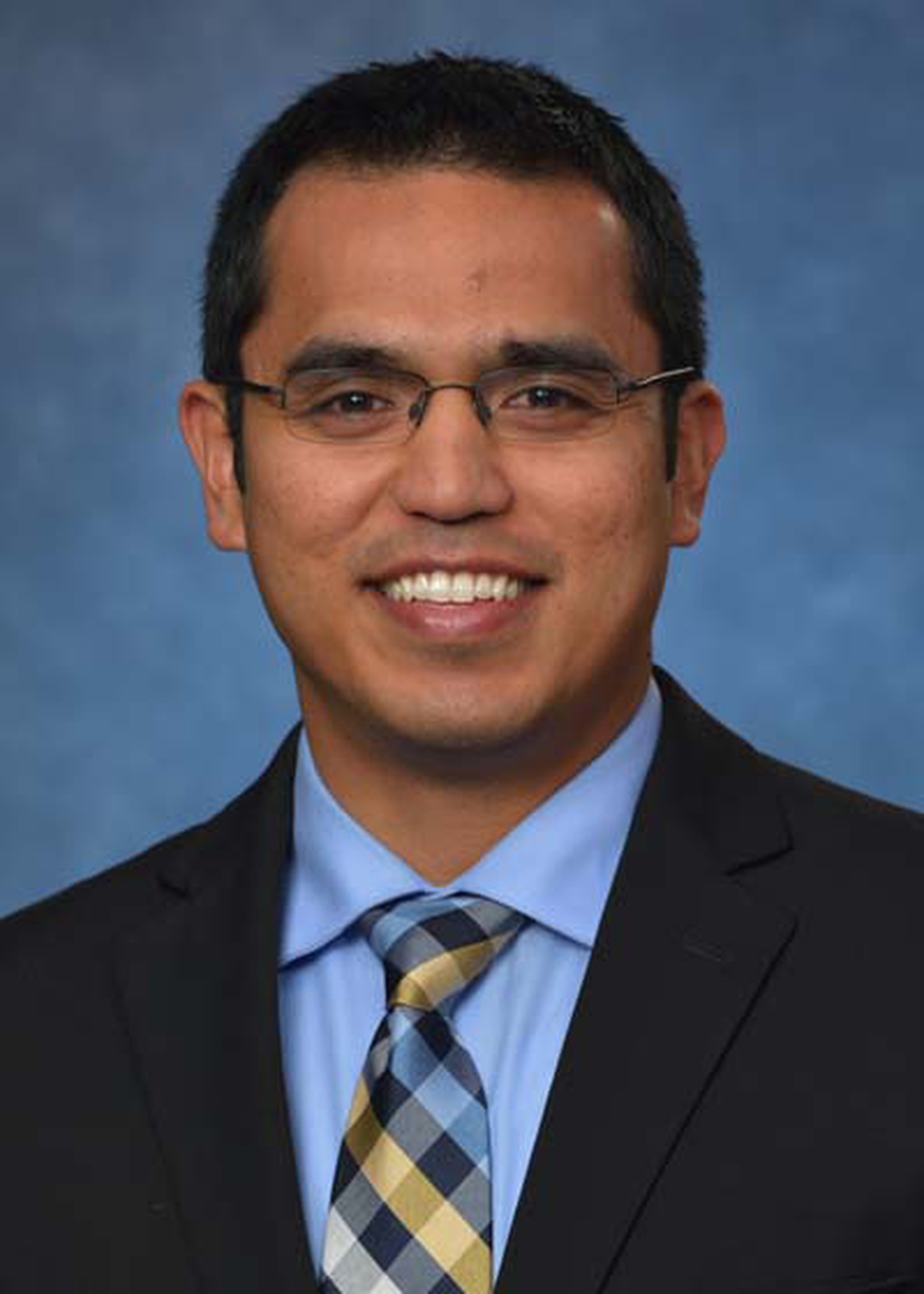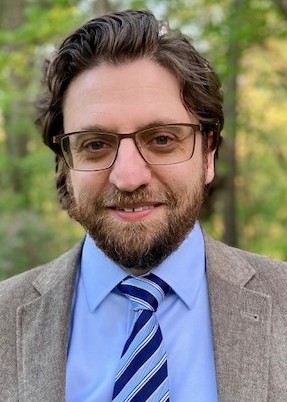MCSI Advancing Student Engagement and Innovation
Pitt’s Mascaro Center for Sustainable Innovation Taps David Sanchez as New Associate Director; Assistant Professor Patrick Shirey Joins as Leonard Peters Faculty Fellow

When the Mascaro Center for Sustainable Innovation (MCSI) was established in 2003, its cofounders – Distinguished Service Professor Eric Beckman and alumnus John C. “Jack” Mascaro – believed that encouraging innovation and global engagement would secure the advancement of sustainability at the University of Pittsburgh.
Since 2016 David Sanchez has taken that mission to heart and helped to establish numerous outreach programs, sustainability courses, and research initiatives. Recognizing his efforts to advance the original vision of Beckman and Mascaro, Sanchez was named MCSI’s new Associate Director.
An assistant professor of civil and environmental engineering in Pitt’s Swanson School of Engineering, Sanchez expanded role will enable MCSI to further focus on growth in global engagement and graduate enrollment, as well as community engagement in Pittsburgh and internationally.
“David is a rock star among our young faculty and has been able to expand MCSI outreach and innovation along with a full teaching load, new course development, securing research grants, receiving high student scores, and raising a family,” noted MCSI co-director Gena Kovalcik. “His passion for sustainability education from grade school to graduate school truly is the embodiment of Eric’s and Jack’s belief that sustainability is a natural pathway to engage young minds in STEM. My fellow co-director, Melissa Bilec, and I are excited that David is ready to further expand his role.”

In addition to Sanchez’ appointment, Patrick Shirey, assistant professor of geology and environmental science, was named MCSI Leonard Peters Faculty Fellow and will support course development, cross-disciplinary research, and community programming.
“The growth of our programs, enrollment, and faculty engagement in sustainability has been inspiring to witness these past few years,” Sanchez said. “I am excited to take on a strategic role for MCSI and help to expand our research and educational partnerships in sustainability across the university and with external public and private stakeholders.”
“I’m grateful for the opportunity and guidance that Jack, Gena, and Eric have always provided, and I hope to pay it forward with our leadership team, as we move into the next phase for MCSI.”
Sanchez serves as the sole academic coordinator and administrator for the undergraduate sustainability certificate and the master of science in sustainable engineering (MSSE), both housed at the Mascaro Center for Sustainable Innovation. This involves advising over 100 students, certifications of degrees, admissions, and matriculation into the programs. The sustainability certificate enrollment has grown four times original projections in only five years while the MSSE enrollment has grown steadily to 10 students.
Sanchez leads the Sustainable Design Labs in the Swanson School, which is focused on identifying sustainable designs that address the National Academy of Engineering’s Water and Energy Grand Challenges in the natural and built environment on a local/regional scale. Current projects include engineering electrode morphology for bio-electrochemical systems, designing sensors to identify water quality trends in real-time, treating contaminants of emerging concern, and enhancing community agricultural systems.
In concert with MCSI, he and his lab group have developed several educational and community outreach programs, including the Makerspace and Mindsets Bootcamp, Inventor Labs sponsored by Constellation Energy, the Pittsburgh Hydroponics project in Pittsburgh’s Homewood neighborhood, and study abroad programs to Jamaica and Guam. He also serves as faculty director for the Swanson School’s twice-yearly Design Expo, which features up to 100 design team projects from more than 400 students, and each summer leads the Teach the Teacher program for grade school science teachers, many from underserved communities, in partnership with the UCLA Science Project to advance Next Generation Science Standards (NGSS).
It has been a phenomenal experience being able to collaborate with David. It is evident that he not only cares deeply about teachers but also the students and the communities where they live,” noted Jon A. Kovach, Director of Science Programs at the UCLA Science Project. “His passion for sustainability is evident during our workshops, with educators who leave inspired to support their classroom in exploring environmental issues that are relevant to their lives. David's work with K-12 education has opened pathways for future scientists and engineers on both Coasts.”
###
